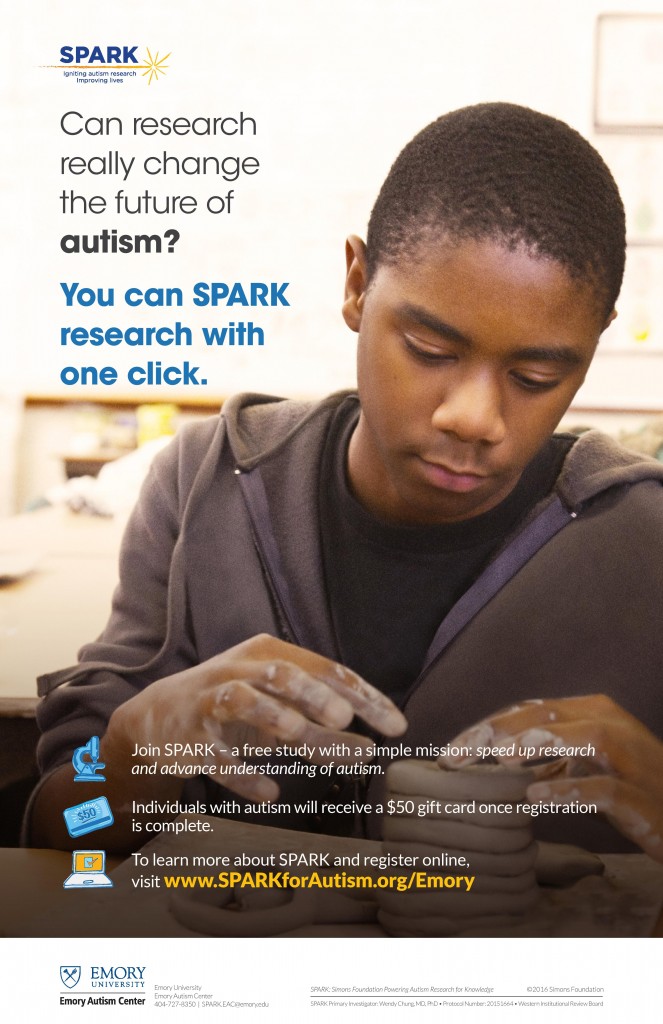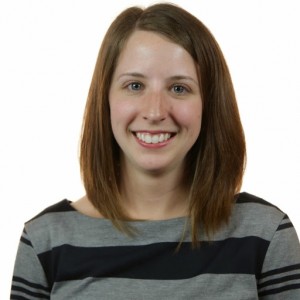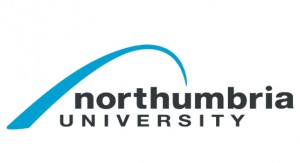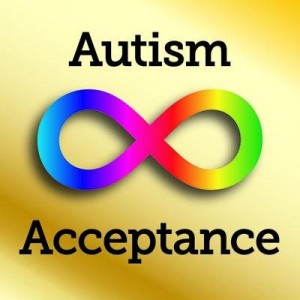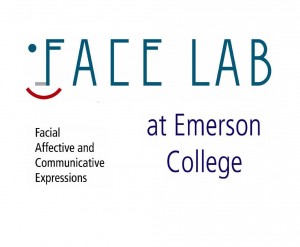In Georgia, there are an estimated 1 in 64 children with an Autism Spectrum Disorder (ASD), and likely as many adults. While we know it is most important to provide appropriate support to address challenges and to build strengths today, the Emory Autism Center (EAC) is also committed to understanding the complex biology associated with autism to gain a better understanding of causes and treatments. Therefore, Emory is working to reach out to people with ASD and their families to be part of the SPARK study.
The goal of SPARK is to accelerate autism research. By building a community of tens of thousands of individuals with autism and their biological family members who provide behavioral and genetic data, SPARK will be the largest autism research study to date. We need your help to get the word out!
The easiest way for a family, or an adult with ASD, to start enrollment is to go online to www.sparkforautism.org/emory or to contact Mr. Jermel Wallace directly (Jermel.L.Wallace@emory.edu or 404-727-8350). We have brochures, business cards, postcards and a flowchart of the registration process and would be happy to get that to you.
We would appreciate it if you could share this information with your clients affected by ASD. Possibly, display a poster and information cards in your waiting room and directly give information to individuals and families affected by ASD at any age. We can provide more copies anytime. Just let us know. Also, we would appreciate the opportunity to come and tell you more about the study in person. Mr. Wallace will follow-up with a phone call in the next few weeks.
